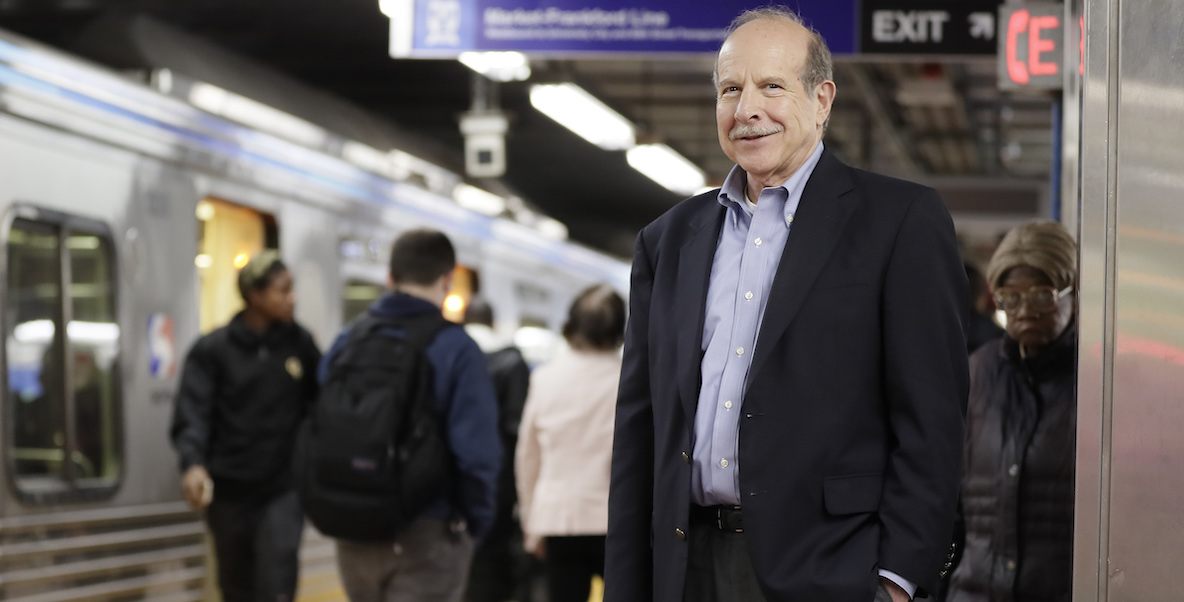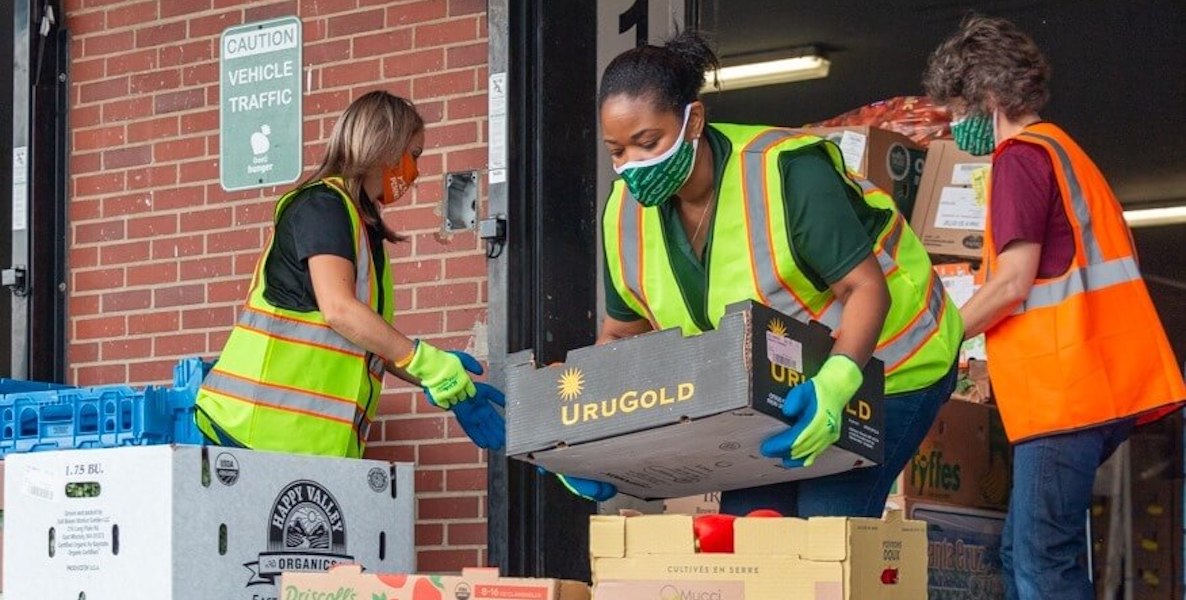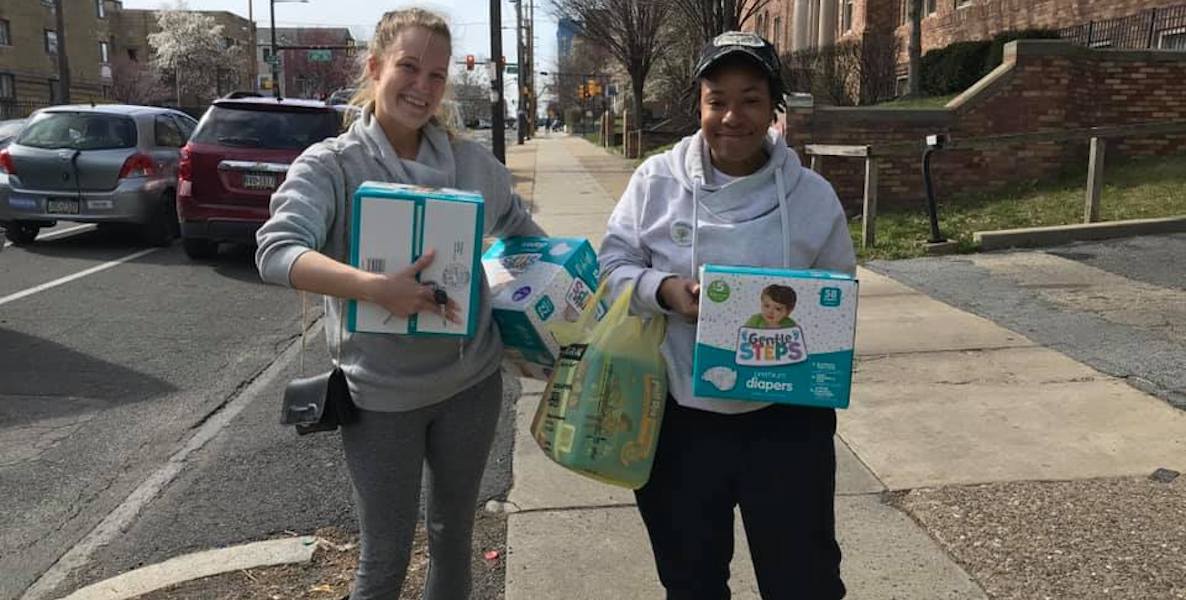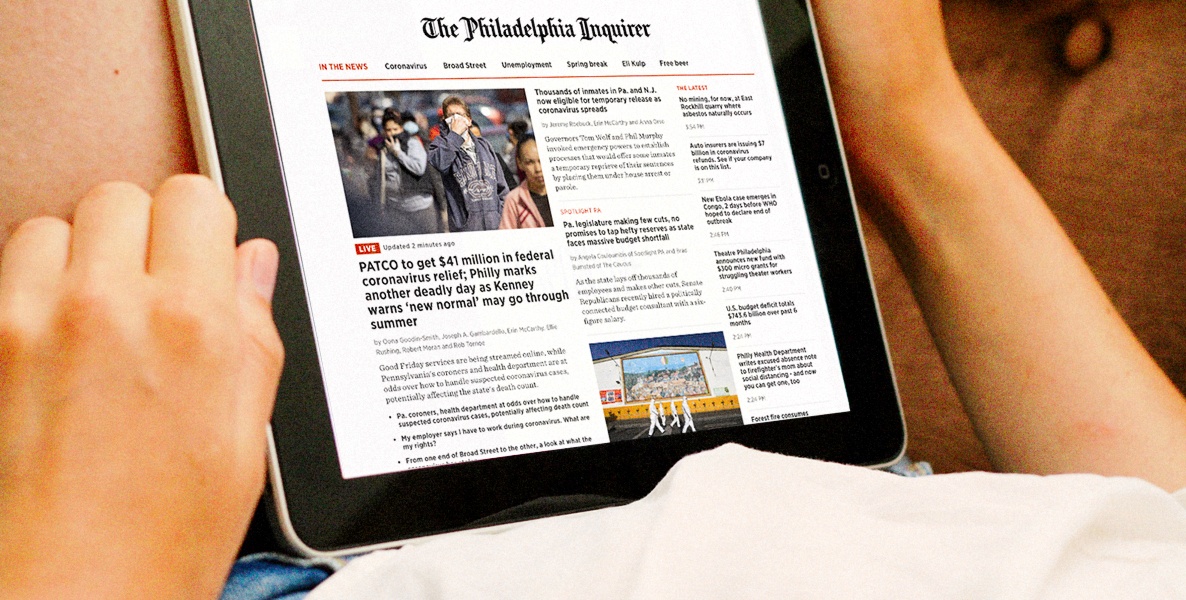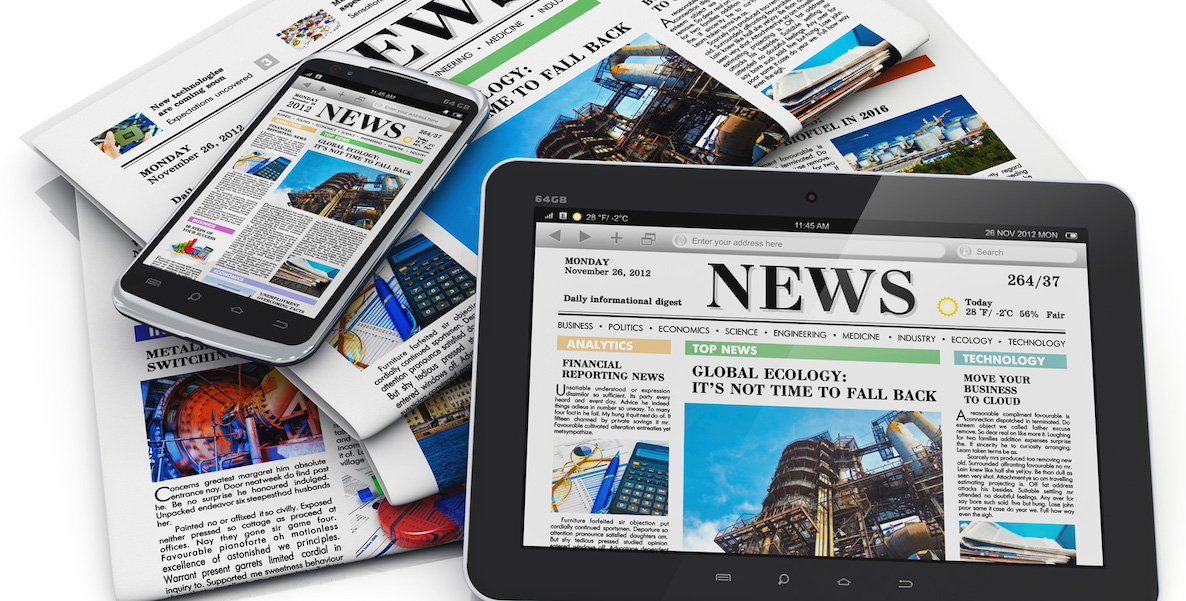In the fall of 1986, I became the editor of The Inquirer’s Main Line Neighbors section, a tabloid which covered more than a dozen Pennsylvania suburban communities including Haverford, Lower Merion and Radnor Township.
![]() Published twice a week, it was staffed by 17 Inquirer reporters and full-time correspondents, who provided detailed reports on the activities of the Police Department, the township commissioners, planning commissions and school boards.
Published twice a week, it was staffed by 17 Inquirer reporters and full-time correspondents, who provided detailed reports on the activities of the Police Department, the township commissioners, planning commissions and school boards.
Kit Seelye, now at The New York Times, covered Lower Merion; Frank Langfitt, now National Public Radio’s London correspondent, covered Haverford Township cops and wrote obits; and Michael Bamberger, who just published a book on Tiger Woods’ comeback, was the high school sports reporter.
In that bygone era, The Inquirer staff comprised 535 full-time staffers and an additional 145 correspondents—680 journalists in all—and the Daily News, owned by the same parent company, Knight-Ridder Newspapers, Inc., had a staff of more than 200.
Main Line Neighbors and the eight other sections like it in Pennsylvania, New Jersey and even Northeast Philadelphia no longer exist. Today local newspapers like The Inquirer can’t afford to assign anyone to the beats that dominated the Neighbors sections of yesteryear.
For all of us who are relying on The Inquirer to help us navigate the reefs and shoals of the uncharted weeks ahead, I would urge you to read the newspaper, and consider the importance of what the journalists in the trenches are doing to guide us through these troubled times and support their work.
What happened to The Inquirer’s staff and its profits mirror what has transpired in the newsrooms of most of America’s strongest local news organizations, beset by the erosion of advertising revenue and steady decline of print subscriptions and single copy sales.
All this dilution has been exacerbated by the coronavirus pandemic.
Just last week, The Cleveland Plain Dealer, once Ohio’s most muscular newspaper, told its staff of 14 journalists that they could no longer cover the news in Cleveland, Cuyahoga and Summit Counties or write any stories about statewide issues.
The Denver Post, owned by vulture investor Alden Global Capital has been eviscerated, and even The Tampa Bay Times, always considered the paragon of local news excellence, laid off 11 newsroom staffers and eliminated five days of its print edition.
Those developments—the intractable economics of the local news business and the onset of the coronavirus crisis—make it important for the public to appreciate and commend the performance of The Philadelphia Inquirer’s news staff in these troubled times.
Seven days a week—from the early morning stories posted with care on Inquirer.com until the close of business near midnight—Inquirer editors, reporters, editorial writers, photographers, page designers, graphics staffers and the audience team—are providing the citizens of Pennsylvania, New Jersey and Delaware with information that is critical to their health and wellbeing.
Most importantly, the coverage of the coronavirus coverage on The![]() Inquirer website is free—for everyone. To me, this epitomizes public service journalism at its best. Although traffic on the website has been surging over the last month and digital subscriptions are increasing robustly, print advertising has plummeted.
Inquirer website is free—for everyone. To me, this epitomizes public service journalism at its best. Although traffic on the website has been surging over the last month and digital subscriptions are increasing robustly, print advertising has plummeted.
In last Wednesday’s print editions, for example, there were only six advertisements in the entire newspaper—two in the front section, three in the Regional section, one in the Life section and none at all in Sports.
But the website and the newspaper were brimming with news about matters of importance to all of us: Three front-page stories that summed up with clarity and depth the signs of hope that the number of new coronavirus cases in the region might be reaching a plateau.
I recall seeing a photograph of Inquirer reporter Ellie Silverman at the coronavirus testing site in South Philadelphia, standing with a handmade sign in hand, listing her cell phone number and asking anyone to call her if they were willing to share their story.
Another piece documented the dire financial straits for the city of Philadelphia, and a third analyzed the outlook for the nation and the world. A fourth story chronicled the deal that never materialized for 500,000 N95 masks to protect police and firefighters.
Inside the front section and on the website’s business pages were staff-written stories about how small businesses can get forgivable loans, the decline in rental rates at some of Philadelphia’s biggest apartment buildings and a lawsuit about the rights of disabled people to health care during the crisis.
In yesterday’s Inquirer and on the web site, three Inquirer journalists took their audience inside Temple Hospital’s special COVID-19 facility. In a story by Lisa Gartner with a remarkable array of intimate photos by Tim Tai, readers got a first-hand look at the physicians, nurses, and patients at the epicenter of the pandemic at Temple. And on the web site, the audience could view a video produced by The Inquirer’s Lauren Schneiderman.
Many of The Inquirer’s staffers and those of other local news organizations—in print, broadcast and online—especially the reporters and photographers on the street, are putting their health on the line in order to chronicle this extraordinary story.
As the crisis intensified, I recall seeing a photograph of Inquirer reporter Ellie Silverman at the coronavirus testing site near the stadiums in South Philadelphia, standing with a handmade sign in hand, listing her cell phone number and asking anyone in their cars to call her if they were willing to share their story.
One critical reason for The Inquirer’s ability to provide such ![]() comprehensive coverage at a time when it’s essential to our health is because of the vision of philanthropist Gerry Lenfest, who in January 2016 donated The Inquirer to the Lenfest Institute for Journalism and, at the same time, converted The Inquirer to a public benefits corporation.
comprehensive coverage at a time when it’s essential to our health is because of the vision of philanthropist Gerry Lenfest, who in January 2016 donated The Inquirer to the Lenfest Institute for Journalism and, at the same time, converted The Inquirer to a public benefits corporation.
What that means is that The Inquirer has a dual mission—to produce excellent public service journalism and to be a viable, profitable business. In contrast to publicly held corporations, The Inquirer is not required to maximize its profits; it simply has to make a profit so that it can stay in business and serve the public.
So for all of us who are relying on The Inquirer to help us navigate the reefs and shoals of the uncharted weeks ahead, I would urge you to read the newspaper, read Inquirer.com and, if you’re not subscribing, consider the importance of what the journalists in the trenches are doing to guide us through these troubled times and support their work.
Bill Marimow, who was the editor of The Inquirer for nine years, received two Pulitzer Prizes as a reporter at The Inquirer. He also served as editor in chief of The Baltimore Sun and vice president of news for National Public Radio.
Photo editing courtesy Dan Shepelavy


